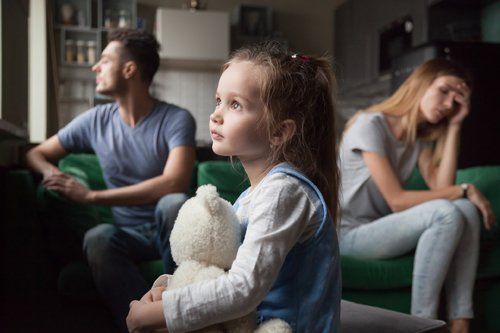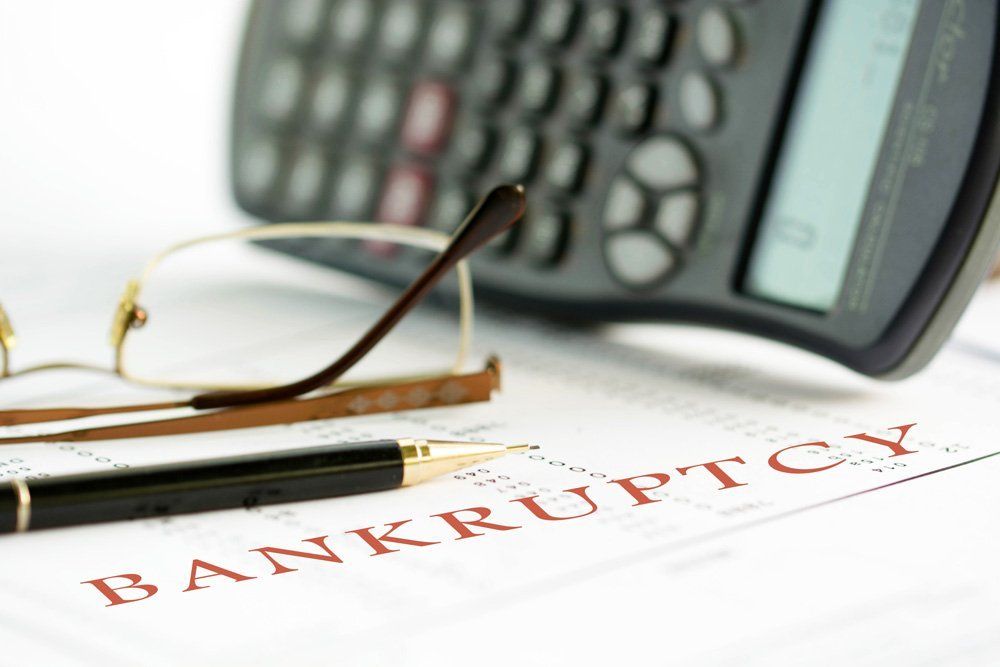Should You Tell Your Children an Affair Caused the Divorce?

Divorce is always difficult, both on the divorcing partners and any children from the relationship. There's an extra layer of hurt involved when one or both parents have been unfaithful in the marriage.
Dealing With Your Own Feelings
Whether you were the one who had an affair or you were the one who was betrayed, you're bound to have some big and complicated feelings about the situation, even if you've decided for certain that you want a divorce.
While not everyone who gets divorced or is involved in an affair needs outside help to get through it, if you feel you don't know how to cope or you have trouble identifying your feelings and dealing with them in a healthy way, it's preferable to seek therapy.
Look for a counselor, therapist, psychologist, or psychiatrist experienced in assisting people who are dealing with infidelity and going through a divorce. Once you have a better handle on your own feelings and have learned healthy coping mechanisms, you'll be in a much better place to help your children.
What to Consider When You Decide Whether to Tell
Many parents who get divorced wonder if they should tell their children about the affair. The right answer to this question will look different for every family and largely depends on your motivations, how many questions the child asks, what kind of relationship you have with your child, the age and maturity level of the child, and several other factors.
Look at Your Child's Age and Maturity Level
In general, it's best not to tell young children and teens about infidelity in a marriage. Many children under 16 aren't at a maturity level where they can understand all of the factors that go into an affair and be able to separate that from their own relationship with their parent.
Examine Your Motivation
Examine your motivation before you decide to tell your child about any affairs that happened in the marriage. It's normal to feel angry at your ex-spouse, but it's not wise to try to damage your child's relationship with their other parent over something the child had nothing to do with, like unfaithfulness.
Consider the Co-Parenting Relationship
Though it might feel like you'll never be able to heal from the hurt an affair brings, in most cases you'll still need to maintain a civil relationship with your ex-spouse so you can co-parent your children in a healthy manner.
If you think you want to tell your child about the affair, or if they ask a lot of questions, it's best to discuss it with your former partner if at all possible before you do so.
What to Tell
Don't lie to your children if they ask questions you don't want to answer. It's vital to keep open lines of communication and trust with your children.
That doesn't mean you have to tell your child everything they might ask - it's okay to let them know that there are some questions you're not prepared to answer, either because you are not certain of the answer yourself or because you do not feel the information will help them.
If your children find out about the affair on their own, it's best to present a united front and explain that though one or both of you were not faithful to your partner, your child is not to blame and shouldn't feel like their relationship with either parent has to change as a result of the affair.
If you do decide to tell your children, it's best to do it together or have the partner who cheated talk to the child if it's not possible to cooperate with your former spouse on the conversation. Keep explanations age-appropriate and stay away from explicit details.
Whether you decide to tell your children or not, they'll likely know something is amiss. Be as supportive as possible and reassure your child that although your relationship with your spouse has changed, your relationship with them will not.
The Law Office of Joe R. "Jay" Johnson, II represents divorce clients in Robertson, Cheatham, Montgomery, and Sumner Counties, Tennessee. Contact us today to schedule an appointment for a free consultation to discuss your case.









